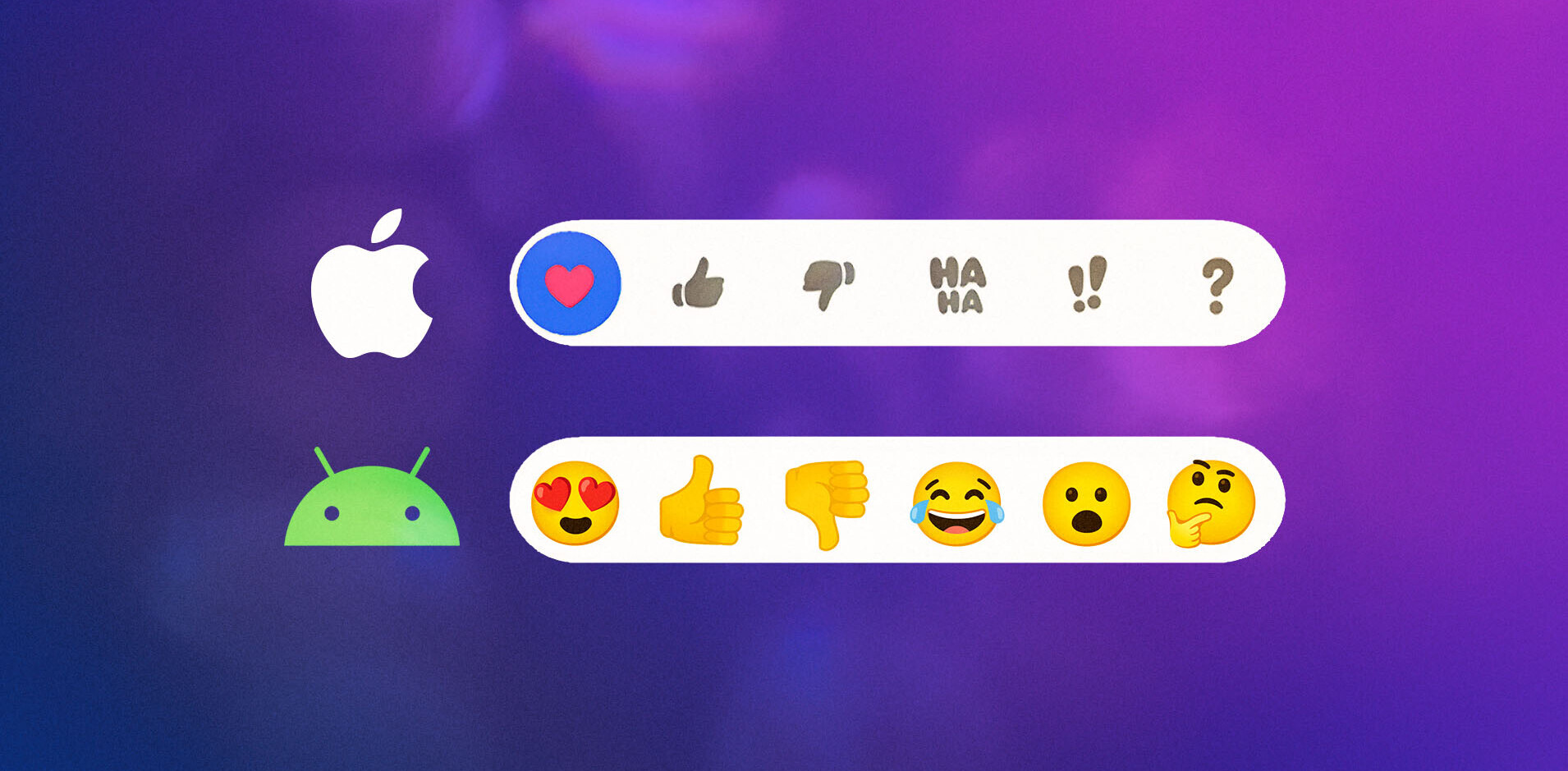In a detailed story published yesterday, The New York Times explained how several popular Android and iOS apps – some designed to simply bring you weather and sports updates – are tracking your precise location round the clock, and then selling that data to third parties.
The NYT’s review of four months’ worth of data from a single person from upstate New York shows that her location was recorded 8,600 times, or once every 21 minutes on average. That means it’s all too easy to track her movements from her home to the school where she works, as well as her trips to the gym, her Weight Watchers meeting, and to her ex-boyfriend’s home.
The report also noted that some 75 companies receive location data on at least 200 million people in the US – and that sales of location-targeted advertising will hit about $21 billion this year.
Spooked yet? That’s the price we pay for using ‘free’ apps, and grant access to our data without reading the fine print.
As we’ve written before, this is about much more than whether or not you have something to hide. As the NYT’s piece illustrates, you’re being tracked, and you may not have consented to it. You may even have been misled into believing you’re granting access to your data for innocuous reasons.
What’s more, this doesn’t just affect you as an individual. These companies gather data on large numbers of people. At scale, that data is extremely valuable, and can be used to do things like influence political opinion. That’s just one of the few use cases that we know of right now; it’s possible there are many other ways corporations can use data to manipulate the masses.
This report reiterates that there’s no such thing as a free app lunch, and that it’s high time we rethink how we use online services, and how we value our data. Find the entire story over at The New York Times’ site.
Get the TNW newsletter
Get the most important tech news in your inbox each week.





